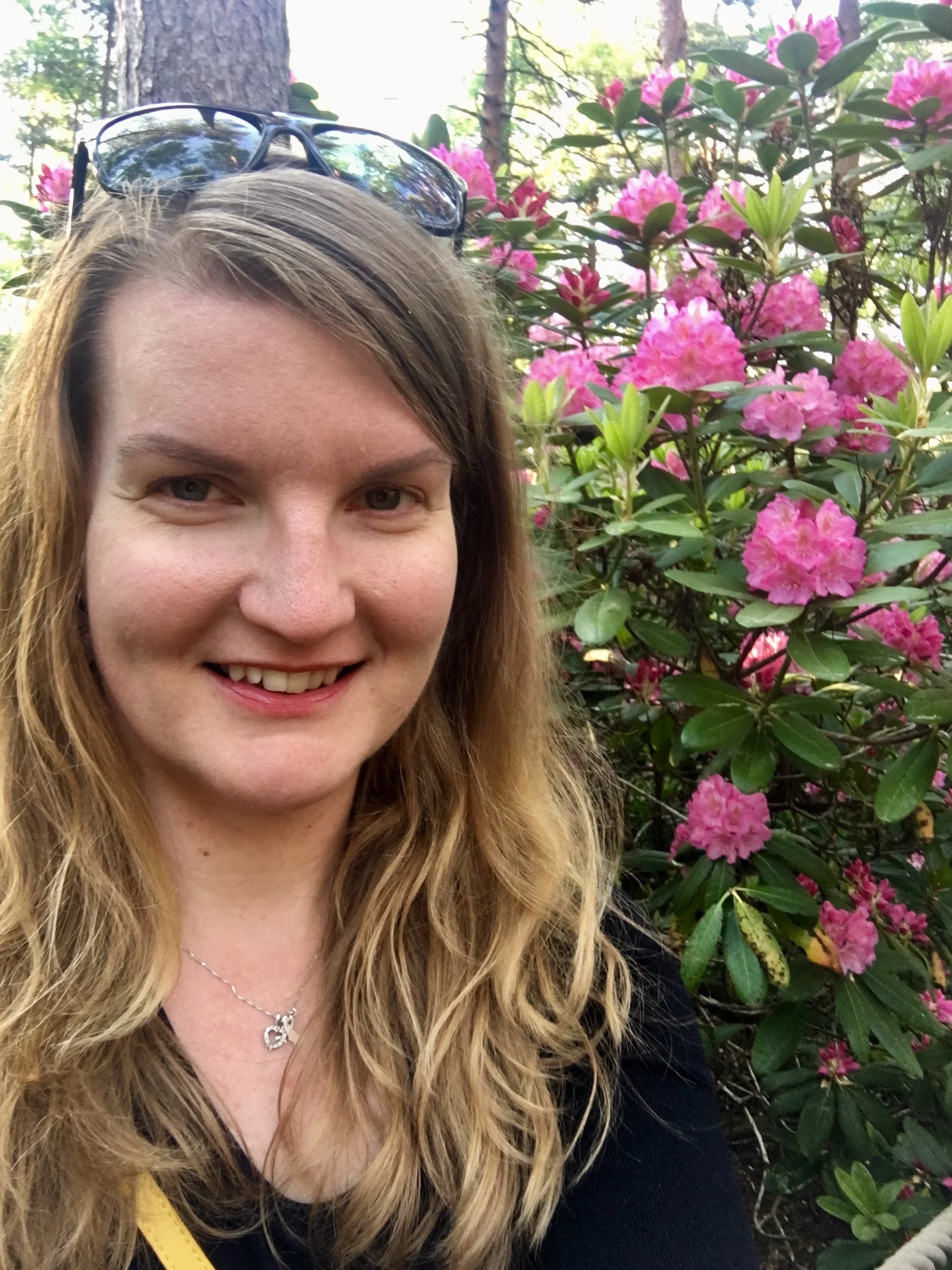Coffee With An Alumnus: Laura Kurki
Robust laughter travels along the arched ceiling of the bar. Across the table sits Laura Kurki—an English graduate and former BTSB editor. She’s just clocked out for the day at her new office around the corner. We’re here to talk books, publishing and what it takes to land your dream job.
To start off with, what is it that you do?
I’m a book editor at a publishing house so, in the simplest terms, I edit books. But it’s a lot more than that. I try to discover ideas and people that we could make books about or scout for books that we could translate into Finnish. Though I work with many Finnish authors, I go through a lot of books written in English since it’s what I majored in. I both read potential scripts sent to us and do research on my own. Then I take my ideas to the rest of my colleagues and we decide together what to publish. After the brainstorming comes the actual editing and helping an author or a translator to make the best book possible.
Can you tell me a little bit about how you ended up in publishing?
Reading has been my main hobby since I was a kid. I always knew I wanted to do something with books but I wasn’t really sure what that magical job could be. At the end of high school I started considering editing as a profession and began sending out applications for internships.
Throughout university, I kept sending out applications but nothing really came out of it. During my last year at university, I saw that Gummerus had a marketing communications internship opening and I decided to really emphasize my love of books and extracurriculars in my application. At that point I had been writing for three different magazines, done social media for them and read a ton. I didn’t get the job based mainly on my employment history or university studies but rather based on my passions.
So I wouldn’t be here if I hadn’t found a different angle. During the internship I showed my skills in communications, especially my social media skills. Because I had made it clear that I wanted to do editing, they later gave me an assistant job and a chance to work with the editing team as well as the marketing team.
As I understand it, you’re just starting your career in publishing. I’d assume there’s a level of confidence that grows with experience, so have you found it challenging to objectively judge whether a text is good?
It is hard to judge because literature is subjective: the same things don’t work for everyone. Especially in fiction, there are endless ways to express things and sometimes it’s hard to know if it’s just me, personally, not liking something or if it actually doesn’t work. When I started, I kept second guessing myself, but the more you read and write, the more confidence you gain. I’ve also had a lot of support from people who’ve done this for a long time. That really gave me a confidence boost! When you’re working in a field that’s so subjective, you need people to believe in you.
That’s really great, because it’s probably not always like that in the business.
Yeah, I was very lucky to land an internship in the right-sized company where, as a newbie, I didn’t feel like I’d get lost. I always had people to guide me; people to ask questions from. They say there are no stupid questions, but in the beginning, I felt like I asked a lot of questions about very basic things. One of my biggest realizations was that it’s always okay to ask questions, because it helps you learn so much. And it definitely minimizes mistakes! Especially in this line of work, where a project can last a year, you don’t want to mess up just because you didn’t ask a “stupid” question.
I’m interested to know what “editing” actually entails. What kind of skills does it require to edit a text?
It’s hard to pinpoint specific skills, but a lot of the necessary skills you acquire at university working with and analyzing texts. Of course, you need to have a good command of the language. It’s more than just knowing where the commas are placed; you need to understand the flow of language. Not that commas are not important, but it’s also about understanding literature on a deeper level. Also, being creative is an asset as well as having basic research skills.
Currently my main focus is non-fiction and I’ve recently been fact-checking the way people measured boat weight in the 1600s, which is super random. I know nothing about it, but it came up in a book, so I needed to take time to read up on it. Knowing how to look for information is a very important skill, which also ties into being very meticulous about your work.
When you look back on your university studies, are there any specific courses or things you learned that you’ve been able to apply in your work?
All the literature courses have been helpful as well as courses where I had to write essays or meticulously research something. I also think one of my greatest skills is simply googling things, because in this field you need to be able to find reliable information quickly.
Also, back in the day, I disliked group work but it’s been useful since, as an editor, you need to be able to communicate well and work with lots of different people for extended periods of time.
What about English studies specifically?
Well, the courses that dealt with culture have been useful when working with translated fiction. Not everything translates well from one language to another and having that cultural knowledge helps in finding the best equivalent in Finnish that still makes sense to the reader.
I assume it’s not always easy being the voice of criticism. What kind of a role do interpersonal skills play in your occupation?
Interpersonal skills are very important. You’re constantly working with people: authors, translators, agents, and other editors. Of course, for authors, their books are their babies and understandably they are protective about their work. As an editor, you’re there to critique their work and that can be hard sometimes. You just have to know how to approach the process in a way that they know you’re not out there to hurt them, but instead you’re all working to make the book better.
What kind of advice would you give to others considering book editing as a career?
It definitely helps to have Finnish language or literature in your university studies, because you need to have a strong writing background. But demonstrating that you’re passionate about the job is the crucial bit. This is a job that you can’t leave at the office; the reading and learning never stops. If you don’t have passion for it, you won’t last long.
When you’re just starting out, I think it’s a matter of showing you’re interested and saying yes to everything. You can learn from even the simplest of tasks. They are the road to more interesting and demanding projects. Taking those little steps can take you far. While I hadn’t totally given up hope that I’d get my foot in the door in this industry, I was definitely disheartened after years of trying to get an internship with my CV, which lacked Finnish studies and relevant job experience. To finally see all the hard work pay off feels great!





